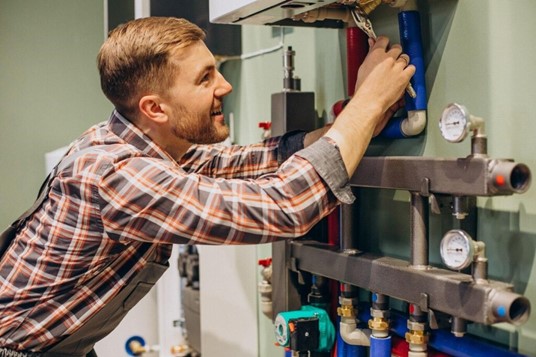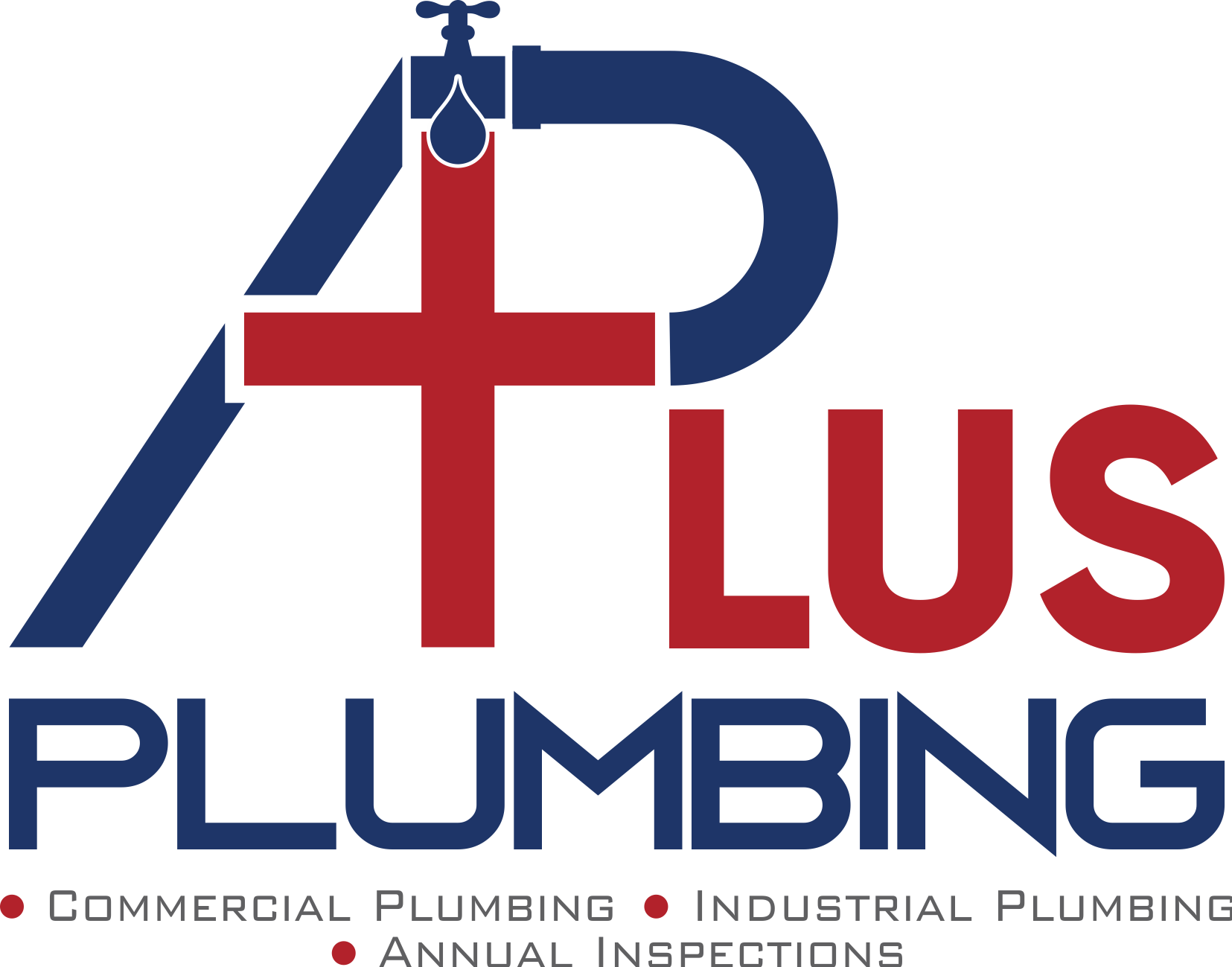Maintaining a comfortable home environment is crucial, particularly in areas with harsh weather conditions. A well-functioning heating system is not only essential for warmth but also for the overall energy efficiency and safety of your home. Here, we explore detailed strategies for ensuring your heating system remains reliable and efficient throughout all seasons.
Understand Your Heating System
The first step in effective heating system maintenance is understanding what type of system you have. Whether you operate a furnace, a boiler, or a heat pump, each has its specific maintenance requirements. For instance, furnaces often require filter replacements and duct cleaning, while boilers might need water level checks and sediment flushing. Knowing these details can help you better tailor your maintenance routine to suit the specific needs of your system, ensuring it runs smoothly and efficiently.
Schedule Professional Inspections
Annual professional inspections are essential for preventing breakdowns during critical times, such as the middle of winter. Skilled technicians, especially in cities like New York, where temperatures can drop significantly, are trained to perform detailed boiler inspections and necessary residential boiler repairs. These professionals can identify potential issues that might not be visible to the untrained eye. Regular inspections help ensure that your heating system operates at peak efficiency, saving you from unexpected failures and costly emergency repairs.
Regularly Change Filters
Regular filter maintenance is crucial for the longevity and efficiency of your heating system. Dirty filters can significantly hinder airflow and degrade system performance, leading to increased energy consumption and reduced heat output. Ideally, filters should be checked and replaced every one to three months, depending on usage and environmental factors such as pet hair or high dust levels. Keeping filters clean ensures better air quality and system efficiency, extending the operational lifespan of your heating system.
Maintain Clear Surroundings
Keeping the area around your heating system clear is not only a safety measure but also a maintenance strategy. Clutter can restrict airflow and increase the risk of fire, particularly around boilers and furnaces. Ensure that flammable materials are stored away from the heating units and provide enough space for air to circulate freely, which helps maintain the efficiency of the system. This also facilitates easier access for inspections and repairs, further ensuring that potential issues are addressed swiftly.
Seal and Insulate
Effective sealing and insulation are key to maintaining an efficient heating system. Small drafts or leaks around windows and doors can lead to significant heat loss, forcing your heating system to work harder to maintain desired temperatures. Using weather stripping and caulk to seal these leaks is a cost-effective way to improve your home’s heat retention. Additionally, enhancing insulation in walls, attics, and floors can dramatically increase your system’s efficiency by keeping the warm air inside where it belongs.
Radiator and Vent Maintenance
To ensure optimal function, it is important to regularly clean and maintain radiators and vents. Dust and debris can accumulate over time, obstructing airflow and reducing the efficiency of your heating system. Make sure that radiators and vents are not obstructed by furniture or drapes, as blocked vents can create cold spots in the home and cause uneven heating. Periodic cleaning and proper placement of radiators enhance the overall effectiveness of your heating system, ensuring even distribution of heat throughout your living spaces.
Use a Programmable Thermostat
A programmable thermostat is a valuable tool for managing your heating costs efficiently. These devices allow you to set temperatures according to your daily schedule, automatically lowering the heat when you are not at home or during the night. By maintaining a lower temperature when less heat is needed, you can significantly reduce your heating bills without compromising on comfort. Modern thermostats can be adjusted remotely, giving you control over your home’s temperature from anywhere, anytime.
Monitor Energy Bills for Efficiency
Keep an eye on your monthly energy bills as a subtle indicator of your heating system’s health. A sudden increase in energy consumption may suggest that your system is becoming less efficient, possibly due to underlying mechanical issues or leaks in the system. Regular monitoring allows you to track performance over time and identify any unusual spikes that might warrant a professional evaluation or adjustment to your heating setup.

Invest in Energy-Efficient Upgrades
Consider investing in energy-efficient upgrades for your heating system. Modern heating technologies such as smart thermostats or high-efficiency boilers can provide significant energy savings and reduce your carbon footprint. These upgrades typically pay for themselves over time through lower energy bills and can also increase the value of your home by adding modern, efficient infrastructure.
Address Strange Smells Promptly
If you detect unusual smells emanating from your heating system, it’s important to address these signs promptly. A burning smell could indicate an electrical issue, while a musty odor might suggest mold buildup within the ducts. These issues not only affect the efficiency of your heating system but can also impact indoor air quality and health.
Educate Yourself on System Care
Educating yourself about basic heating system care can empower you to maintain your system effectively between professional check-ups. Understanding simple tasks like resetting the thermostat, checking for error codes, or even knowing when to switch filters can save you time and money. Many resources are available online, or you might consider attending a local workshop on home heating maintenance.
Plan for Seasonal Adjustments
As seasons change, your heating system’s requirements can vary. For instance, transitioning from fall to winter might require checking the insulation, sealing any leaks newly formed during the warmer months, and ensuring your thermostat is programmed for colder weather. Planning these adjustments ahead of each season ensures your system is always optimized for current weather conditions, enhancing efficiency and comfort.
Regularly Bleed Radiators
If your home is equipped with radiators, bleeding them regularly is crucial to remove any trapped air, which can hinder heat distribution. Air in the radiator prevents hot water from circulating effectively, making your system work harder and increasing your energy costs. Bleeding your radiators once a year before winter starts can help maintain an efficient and evenly heated home.
Protect Outdoor Components
For homes with outdoor components of the heating system, such as heat pumps, it’s vital to keep these elements clear and protected. Remove any debris, leaves, or snow that might block airflow. Covering these components with a breathable material during off-peak seasons can also prevent damage from weather and extend the lifespan of your system.
Proper maintenance of your heating system ensures that your home remains warm, efficient, and safe throughout the year. A Plus Plumbing offers expert services that are crucial for keeping your system running smoothly. By regularly monitoring your energy bills, promptly addressing any strange smells, and making necessary seasonal adjustments, you can significantly enhance your system’s performance. Simple preventative measures can prevent costly repairs and extend the lifespan of your heating system. Stay proactive about your heating system’s maintenance to enjoy a consistently comfortable and energy-efficient home environment, no matter the weather outside.

